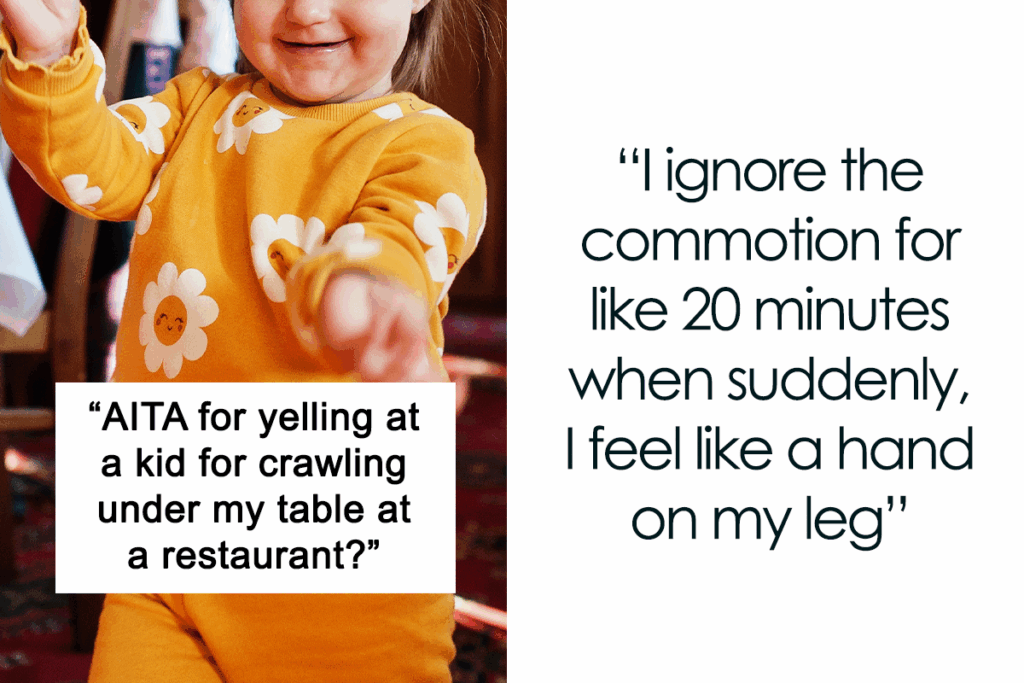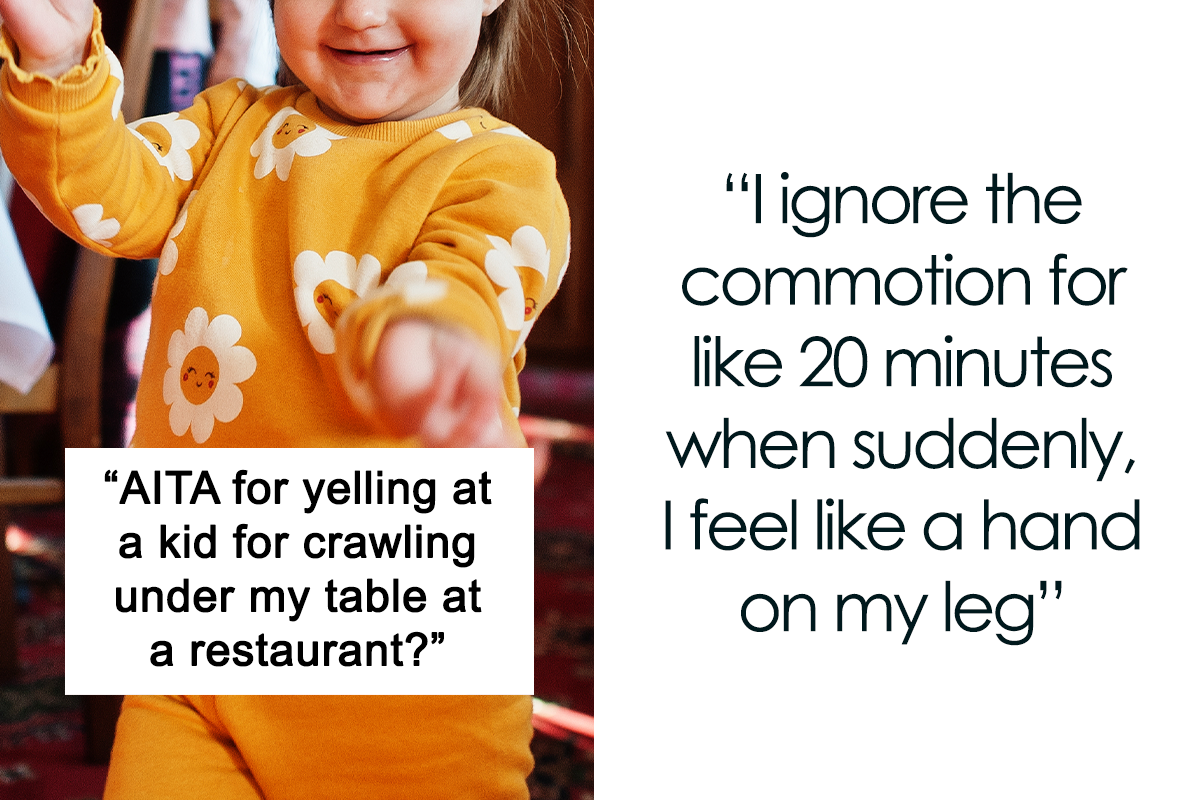
Entitled Parents: Understanding the Phenomenon and its Impact
The internet has coined many terms to describe specific behaviors and social dynamics, and one that has gained significant traction is “entitled parents.” This term refers to parents who believe they are inherently deserving of special treatment, often at the expense of others. Understanding the phenomenon of entitled parents, its causes, and its impact is crucial for navigating social interactions and fostering a more equitable society. This article delves into the characteristics of entitled parents, explores the reasons behind their behavior, and examines the consequences of their actions.
Defining Entitled Parents
Entitled parents are characterized by a sense of superiority and a belief that their children are exceptional and deserving of preferential treatment. This often manifests as demanding special favors from teachers, coaches, service providers, and even strangers. They may become aggressive or manipulative when their demands are not met, showcasing a lack of empathy for others and a profound sense of self-importance.
The term “entitled parents” is often encountered online, particularly on platforms like Reddit, where users share anecdotes about their experiences with such individuals. These stories often highlight the audacity and unreasonable expectations of these parents, ranging from demanding free services to bullying others into accommodating their children.
Characteristics of Entitled Parents
Several key characteristics define entitled parents:
- A sense of superiority: They believe they are better than others and deserve special treatment.
- Unrealistic expectations: They expect others to go above and beyond to accommodate their children, regardless of the inconvenience it may cause.
- Lack of empathy: They struggle to understand or care about the perspectives and feelings of others.
- Aggressive behavior: They may become confrontational or even abusive when their demands are not met.
- Manipulation: They may use guilt, threats, or emotional blackmail to get what they want.
- Blaming others: They rarely take responsibility for their children’s actions or their own.
The Roots of Entitlement
The phenomenon of entitled parents is complex and multifaceted, stemming from a combination of factors. Understanding these roots can provide valuable insight into the behavior and motivations of these individuals.
Parenting Styles
Permissive parenting, characterized by high levels of warmth and low levels of control, can contribute to a child’s sense of entitlement. When children are given everything they want without any expectations or consequences, they may grow up believing they are entitled to special treatment. Helicopter parenting, where parents are overly involved in their children’s lives and constantly intervene on their behalf, can also foster a sense of entitlement. By shielding their children from challenges and failures, these parents prevent them from developing resilience and a realistic understanding of the world.
Societal Influences
The current social climate, with its emphasis on individualism and consumerism, can also contribute to the rise of entitled parents. The constant bombardment of advertising and the pressure to keep up with the latest trends can create a sense of dissatisfaction and a belief that one deserves more. Social media, with its curated images of perfect lives, can further exacerbate these feelings of inadequacy and entitlement.
Personal Experiences
Some entitled parents may have experienced hardship or deprivation in their own lives, leading them to overcompensate by providing their children with everything they never had. Others may have been raised in environments where entitlement was the norm, simply perpetuating the behavior they witnessed growing up. Still others might genuinely believe they are advocating for their child, failing to recognize the line between advocacy and unreasonable demands.
The Impact of Entitled Parents
The behavior of entitled parents can have a significant impact on various aspects of society.
On Children
Raising children in an environment of entitlement can have detrimental effects on their development. These children may struggle to develop empathy, resilience, and a realistic understanding of the world. They may also have difficulty forming healthy relationships and navigating social situations. Ultimately, children of entitled parents may grow into entitled adults.
On Educators
Teachers and educators often bear the brunt of entitled parents’ demands. They may be subjected to unreasonable requests, constant complaints, and even threats. This can lead to burnout, decreased job satisfaction, and a negative impact on the overall learning environment for all students. [See also: Teacher Burnout: Causes and Prevention]
On Service Providers
Businesses and service providers also frequently encounter entitled parents who demand special treatment or discounts. This can create a hostile and stressful work environment for employees and negatively impact the bottom line. The constant need to appease these demanding customers can drain resources and detract from serving other customers.
On Society
The prevalence of entitled parents can contribute to a culture of inequality and resentment. When some individuals are perceived as receiving preferential treatment, it can erode trust and create a sense of unfairness. This can lead to social division and a breakdown of community values.
Addressing the Issue
Addressing the issue of entitled parents requires a multi-faceted approach that involves education, communication, and setting boundaries.
Education
Educating parents about the potential consequences of entitlement can help them understand the importance of fostering empathy, resilience, and a realistic worldview in their children. Parenting classes and workshops can provide valuable tools and strategies for raising well-adjusted and responsible individuals.
Communication
Open and honest communication is essential for addressing the demands of entitled parents. Teachers, coaches, and service providers should clearly communicate their expectations and boundaries, and be prepared to stand their ground when faced with unreasonable requests. It’s crucial to document all interactions and seek support from supervisors or colleagues when necessary.
Setting Boundaries
Setting clear and consistent boundaries is crucial for managing the behavior of entitled parents. This may involve refusing to grant special favors, enforcing rules and policies fairly, and addressing inappropriate behavior directly. It’s important to remember that saying “no” is not always easy, but it’s often necessary to protect the well-being of others and maintain a fair and equitable environment. [See also: Effective Communication Strategies for Parents]
Conclusion
The phenomenon of entitled parents is a complex and pervasive issue with significant consequences for individuals and society as a whole. By understanding the characteristics, causes, and impact of this behavior, we can begin to address the problem and foster a more equitable and compassionate world. It requires a collective effort from parents, educators, service providers, and society as a whole to promote empathy, responsibility, and a realistic understanding of the world. Only then can we hope to break the cycle of entitlement and create a brighter future for all.

